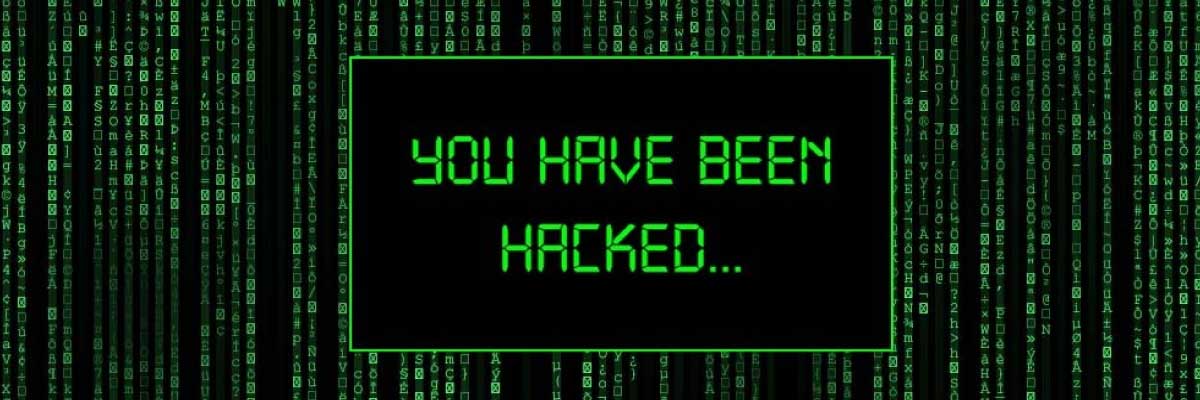
Apart from the billions of dollars that are at stake, data breaches can also spell the end of consumer trust and confidence in a brand. More often than not, we read about the financial and reputation impact of such breaches on the company itself – but how do consumers feel about cyber security when it comes to their own personal lives?
Kaspersky Labs recently conducted a survey in which 12,000 consumers answered questions about their attitudes towards hacking risks and data breaches. Despite the growing use of mobile and Internet-connected devices, it turns out that consumers have mixed feelings about looming cyber threats.
The Internet is Consuming Consumers
It’s no surprise that Internet-connected devices have become an essential part of so many consumers’ lives. However, Kaspersky set out to find exactly how much consumers rely on these devices. Below are just a few of their key findings:
- 67% of consumers access the Internet from multiple devices
- 23% of consumers primarily rely on mobile devices
- Public Wi-Fi is used by 13% of consumers, with 8% using it for shopping and banking
- 88% of consumers store some type of personal information on their devices, while 48% store passwords and 28% store financial data
- The average value for replacing all assets stored on a device is $682
Convenience Trumps Security Measures
One of the main benefits of any mobile device is the ability to “do business” anytime, anywhere. Regardless of whether they’re looking up information or trying to check another item off their to-do lists, for many consumers, the ability to get things done remotely trumps security concerns.
Still the level of willful disinterest in consumer attitudes towards hacking and data breach is astounding. A full 23% of consumers believe security is non-essential, and that security software is some sort of a gimmick. In an effort to enjoy the convenience of mobile devices, consumers turn a blind eye to the dangers of cybercrime.
In this context, Kaspersky discovered that:
- 46% of consumers feel that they aren’t likely targets for cyber attack
- Just 18% of consumers ensure public Wi-Fi hotspots are secure before using them
- 13% of consumers see no issue when connecting to public Wi-Fi and entering banking information
- 42% share contact details and pictures of themselves online
- 30% have shared their birthdates publicly and up to 20% share explicit personal data
- 19% of device users do not take any precautions when it comes to security risks
There is some consolation in the fact that these laissez-faire attitudes towards hacking are not without their limits. The increasing publicity surrounding any data breach is slowly – but surely – creating a larger set of educated, vigilant users.
When it comes to consumers who are aware of cyber risks:
- 68% worry about malware stealing their personal information
- 63% feel their financial information could be at risk
- 60% have phishing emails in their mind when using personal devices
There is good reason for the increased awareness, seeing as Kaspersky’s survey found that:
- 45% of consumers have encountered malware
- 44% know someone who has encountered a malware-related incident
- 25% have been hacked in some way, and 32% know someone who has been hacked
- 48% of consumers have experienced some level of financial threat, while an additional 42% know someone victim to financial threats
The Result of Lax Attitudes Towards Hacking Threats and Data Breaches
It’s clear that despite increasingly dangerous incidents, consumers still aren’t taking the necessary precautions to protect themselves and their mobile devices. As a result, any organization offering consumer-facing mobile apps needs to ensure that every possible precaution is taken so that users don’t actively or indirectly trigger a security issue.
In the end, these customers won’t consider themselves culpable should anything happen. They’ll blame the company whose app allowed it happen. Fair or not, there’s little denying it.





